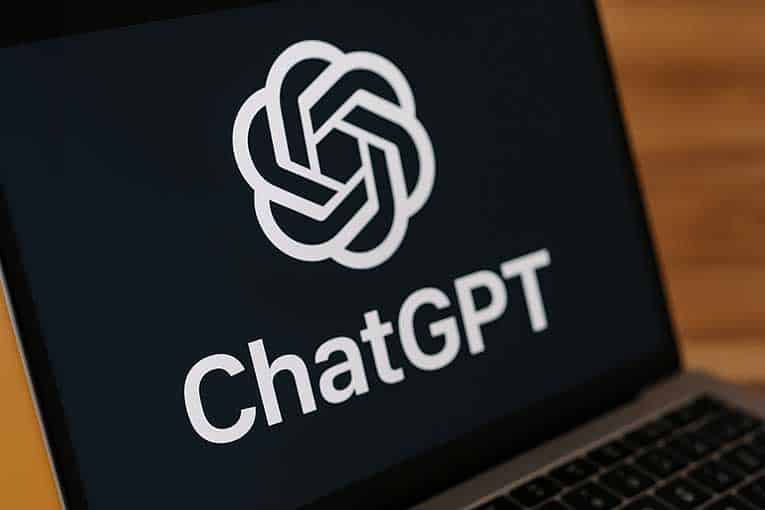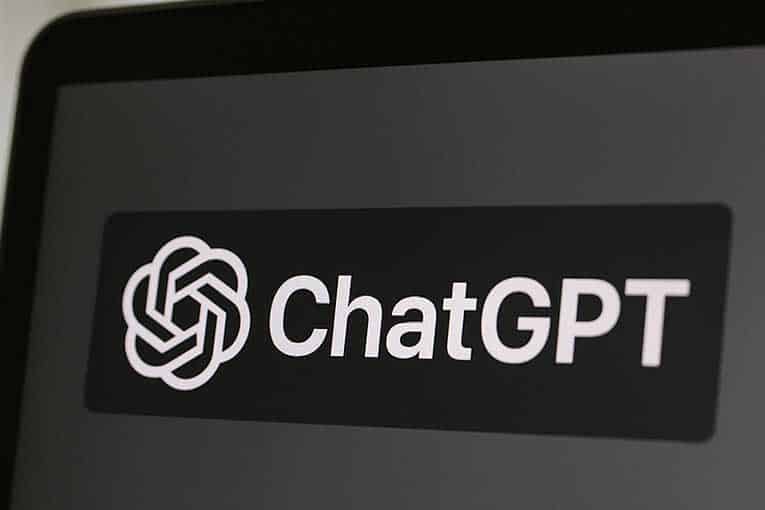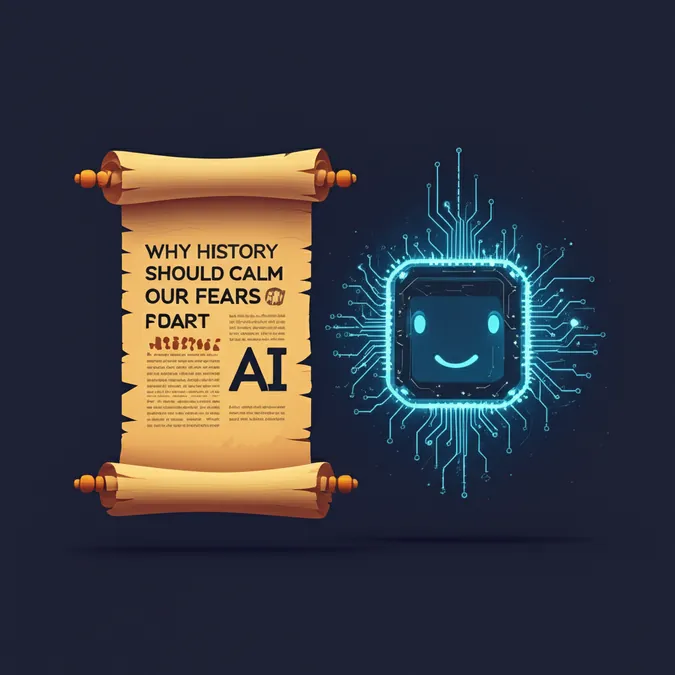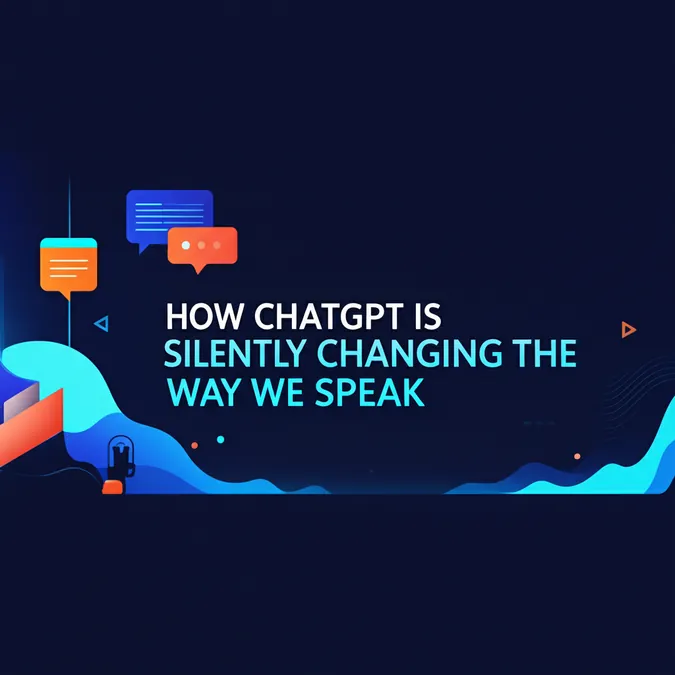Developer Offer
Try ImaginePro API with 50 Free Credits
Build and ship AI-powered visuals with Midjourney, Flux, and more — free credits refresh every month.
ChatGPT Safety Benefits Risks and Best Practices
ChatGPT has rapidly become a major name in technology. Since its launch in late 2022, this AI chatbot has drawn millions of users for everything from answering simple questions to assisting with complex writing tasks. But with its meteoric rise comes a crucial question: Is ChatGPT safe to use? By understanding the benefits and risks, you can make an informed decision on how to use this powerful tool safely.
What is ChatGPT

At its core, ChatGPT is an AI-powered chatbot designed to have human-like conversations. Created by OpenAI, it's built on a model known as a Generative Pre-trained Transformer (GPT). Essentially, ChatGPT has been trained on a massive dataset of text from the internet, allowing it to learn the nuances of human language and generate coherent, natural-sounding responses. This training enables it to produce content that often feels like you're talking to a real person. With newer versions like GPT-3.5 and GPT-4, it has become one of the most advanced chatbots available, capable of helping with a wide variety of tasks in multiple languages.
Is It Safe to Use ChatGPT

For the most part, using ChatGPT is generally considered safe. The application has built-in safeguards to prevent harmful outputs, and it doesn't install any malicious software on your device. It operates on cloud servers through your browser or an official app, so it won't infect your computer with a virus.
Security Measures
OpenAI has implemented several security measures to protect its users. All data exchanged with the chatbot is encrypted, scrambling your conversation data during transmission to prevent interception. The company also conducts regular security audits and runs a bug bounty program to continually strengthen the platform's safety.
Potential Risks
However, 'safe' doesn't mean 'risk-free'. As an online service, your interactions are stored on servers and could be accessed under certain conditions. OpenAI explicitly advises users not to share sensitive personal information, as conversations cannot be completely erased from their systems.
The Danger of Sharing Chats
Past incidents highlight this risk. In August 2023, reports showed that some ChatGPT users inadvertently exposed their private conversations to Google searches. This occurred when users enabled a 'Share' option that made the chat discoverable by search engines, leading to thousands of private chats, some containing sensitive personal information, being indexed by Google. While OpenAI has since addressed this feature, it serves as a stark reminder of potential privacy pitfalls.
Inaccurate Responses
Another safety concern involves the content of ChatGPT’s responses. While OpenAI has filters to prevent harmful content, the AI can still 'hallucinate'—confidently providing answers that are completely false. It's crucial to remember that ChatGPT doesn't 'know' facts; it generates responses based on patterns in its training data, which means it can be wrong.
Bias and Political Manipulation
OpenAI has also worked to address bias and political manipulation, programming the model to avoid taking sides on contentious issues. Despite these efforts, biases from the training data can still surface, and the potential for generating misleading information remains a concern.
How to Stay Safe While Using ChatGPT

To use ChatGPT safely, it's important to take some precautions.
Avoid Sharing Sensitive Information
Never enter personally identifiable information like your full name, address, passwords, or financial details. Treat your conversations as if they were public. If you wouldn't post it on a public forum, don't enter it into ChatGPT.
Use the Official ChatGPT Platform
Only interact with ChatGPT through the official OpenAI website or its authorized mobile apps. Avoid downloading unofficial programs that claim to be ChatGPT, as they could be scams or malware designed to steal your data.
Review Your Privacy Settings
OpenAI offers controls to manage your data, such as the option to turn off chat history. Disabling this setting can prevent your conversations from being used for future model training. Familiarize yourself with OpenAI's privacy policy to understand how your data is handled.
Verify ChatGPT’s Answers
Always remember that ChatGPT can be wrong. If you're relying on its information for important decisions, double-check the facts with reliable sources. Use the AI as a starting point for research, not as a final authority.
Stay Informed and Practice Good Cybersecurity
Stay updated on new scams or risks related to AI. Practice good general cyber security by using strong, unique passwords for your account and enabling two-factor authentication. While ChatGPT itself won't give you a virus, scammers may use its name to lure you into phishing schemes.
Who Should Avoid Using ChatGPT

While useful for many, ChatGPT isn't suitable for everyone or every situation.
Young Children
Children under 13 should not use the platform. Teenagers aged 13-18 should only use it with parental permission and supervision, as it can sometimes produce content inappropriate for younger audiences.
People Dealing with Sensitive Data
Professionals handling confidential information, such as proprietary company data or client details, should avoid using ChatGPT for work-related tasks to prevent potential data leaks.
Anyone Who Needs Guaranteed Accuracy
If you need information that must be 100% accurate, do not rely on ChatGPT. For critical fields like healthcare, legal advice, or financial planning, consulting a human expert is essential. The AI's potential for providing plausible but incorrect information is too high a risk in these scenarios. Critical areas include:
- Healthcare: Diagnosing an illness
- Legal: Making legal decisions
- Finance: Investing large sums of money
Those Who Cannot Use it Responsibly
ChatGPT requires users to be cautious and discerning. Individuals who are not prepared to question its outputs, verify information, and protect their personal data may expose themselves to misinformation and privacy risks.
Key Takeaways
So, is ChatGPT safe? Used wisely, it is a valuable and generally safe tool. OpenAI has implemented various security measures, and for ordinary tasks, most people will have a secure experience. However, 'safe' does not mean 'risk-free'. The key to using ChatGPT confidently is to remain aware of the potential dangers. By protecting your personal data, thinking critically about its responses, and using the tool responsibly, you can effectively minimize the risks and enjoy the benefits of this remarkable technology.
Compare Plans & Pricing
Find the plan that matches your workload and unlock full access to ImaginePro.
| Plan | Price | Highlights |
|---|---|---|
| Standard | $8 / month |
|
| Premium | $20 / month |
|
Need custom terms? Talk to us to tailor credits, rate limits, or deployment options.
View All Pricing Details

